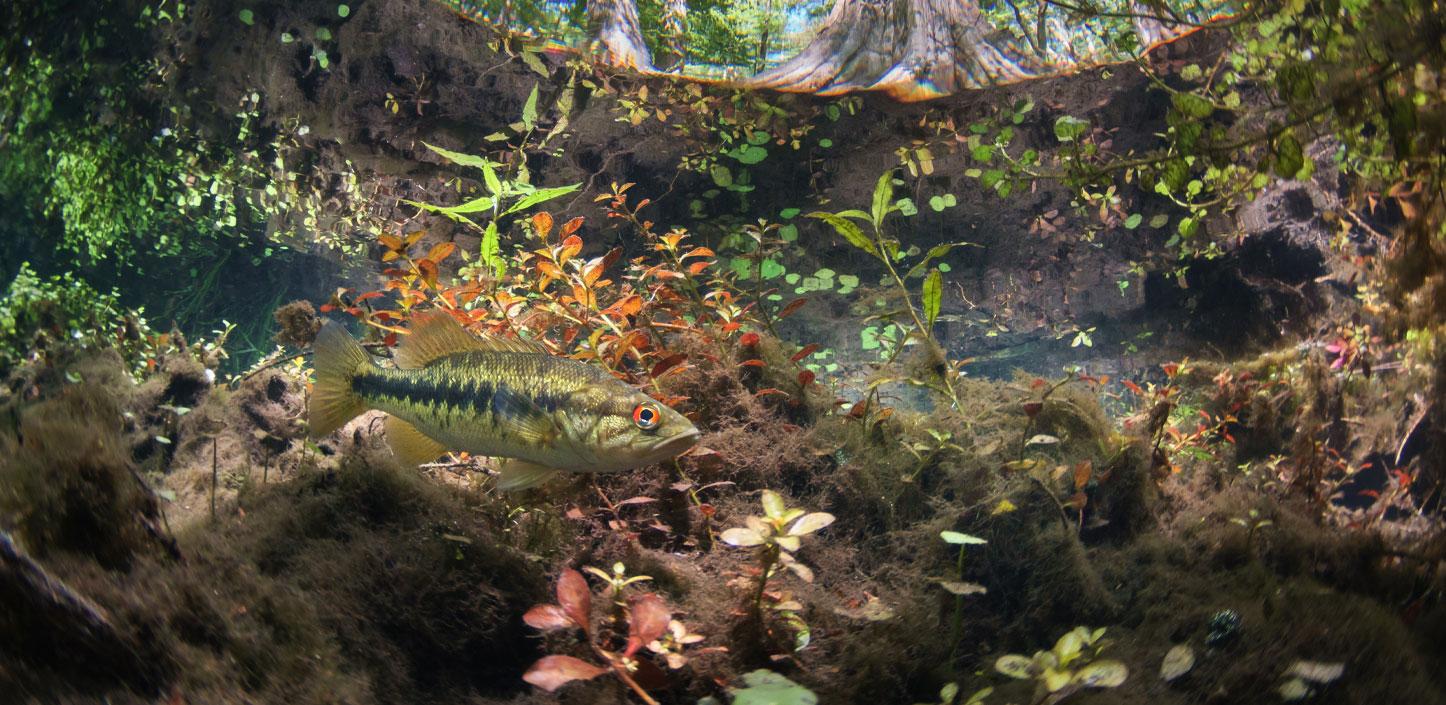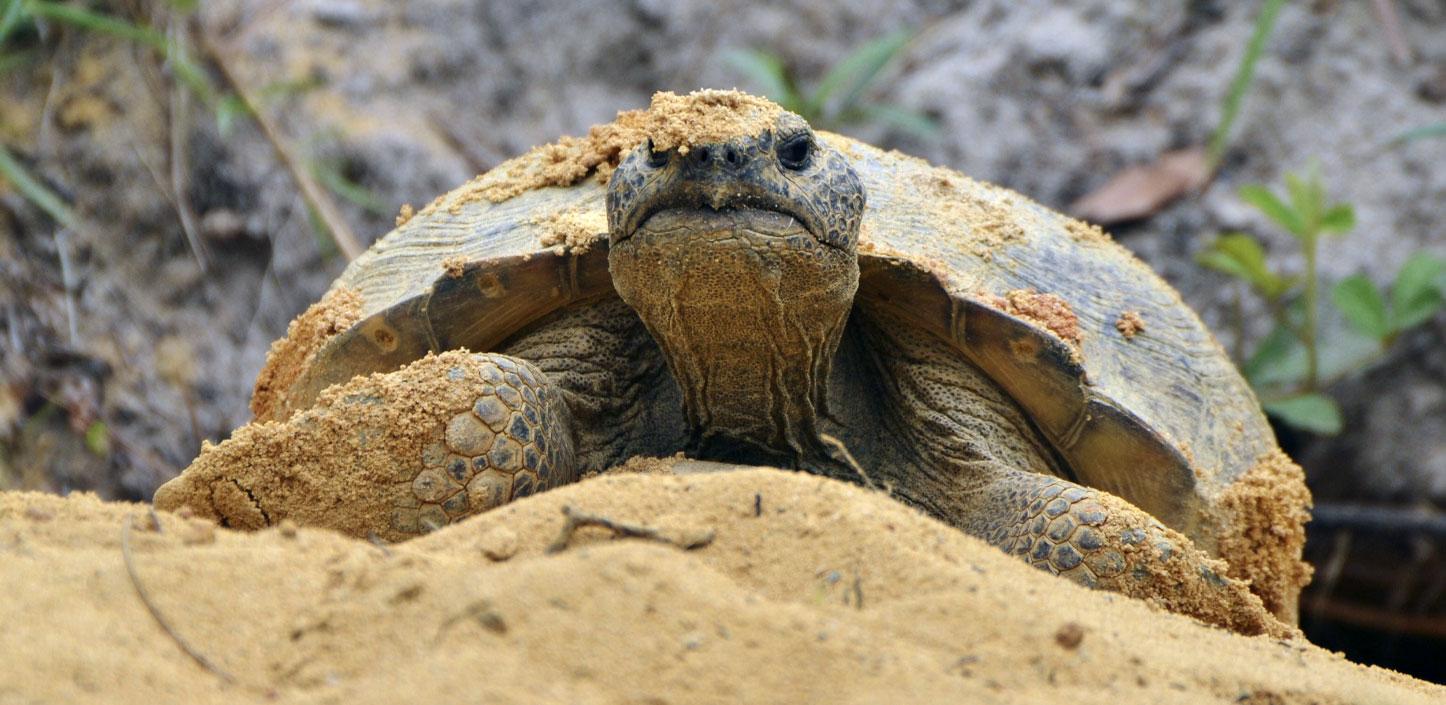
What We Do
2020 Annual Report
NFWF works with partners at the highest levels of government, private industry and the scientific community to identify and quickly address our nation’s most pressing near-term conservation challenges. At the same time, we are building new partnerships and scaling up successful strategies to help our nation mitigate the effects of climate change and build a more resilient and sustainable future.
We use science-based competitive grant programs to ensure that conservation resources generate the greatest possible benefit to wildlife populations, natural habitats and local communities across the nation. We measure results through rigorous internal and external assessments, and we use what we learn to continually advance the science and practice of conservation.
NFWF works with federal partners, corporate partners and foundation partners to address conservation challenges that threaten not only wildlife, but communities large and small. Some programs enable forest managers to mitigate the impact of future wildfires while accelerating the recovery of wildlife and forest health in the aftermath of catastrophic wildfires. Other programs speed recovery in coastal areas devastated by hurricanes, while achieving the dual benefits of enhancing wildlife habitats and reducing the impact of future storms and sea-level rise.
Many of NFWF’s longest-running conservation programs focus on geographies or regions where our contacts and experiences run deep. Other grant programs focus on marine environments, migratory pathways, species in decline and additional conservation opportunities. Such initiatives garner support from corporate partners with a strong interest in the well-being of wildlife and communities, often within their operational footprints or along their supply chains.
We also act as a manager and trustee for funds arising from legal and regulatory actions involving natural resources through our Impact-Directed Environmental Accounts (IDEA) department. Our effectiveness in this restorative role led to the creation of our Gulf Environmental Benefit Fund, which has invested nearly $1.5 billion in Alabama, Florida, Louisiana, Mississippi and Texas to benefit natural resources impacted by the Deepwater Horizon oil spill in 2010.
By maintaining such a diverse portfolio of investments, NFWF has become one of the most nimble and effective funders in the national conservation community. Working with our many partners and grantees, we will continue to build on these successes in the years ahead, responding quickly and at scale to emerging challenges and opportunities.
Learn more about what we do: www.nfwf.org/what-we-do

Next Section: Where We Work
NFWF has funded conservation projects in all 50 states and U.S. territories.
Learn More